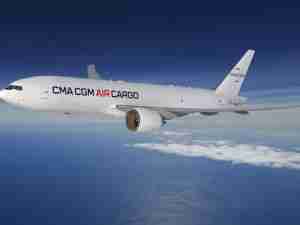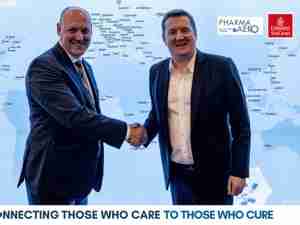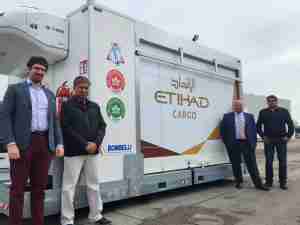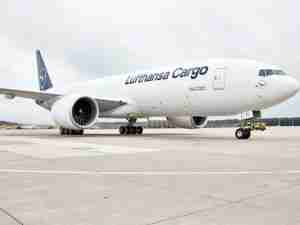Speaking at the Trans-Pacific Air Cargo Conference held in Los Angeles, Coppersmith declared, "Every participant--forwarder, airline and shipper--in the supply chain is under competitive pressure as never before."
"The shipper is under extreme competitive pressure to supply goods to his customers in a timely manner. The airline must meet its flight schedules despite schedule changes, weather and service restrictions.
The forwarder must ensure faster availability at destination, greater visibility in the transportation process and be given incentives to communicate electronically with the carrier for more rapid and efficient coordination of the shipment," said Coppersmith.
In addressing the attendees at the Conference consisting of shippers, airline executives, freight forwarders, investment bankers, institutional investors and logistics consultants, the Target executive stressed the forwarder-carrier relationship. "It is even more critical in Asia-US trade, particularly China, the fastest growing segment and now perhaps the most important of our nation's trading partners.
"Forwarders no longer have the luxury of an arm's length relationship with the airlines," averred Coppersmith. "Our customers will not allow it. They are demanding accurate delivery and cost information more rapidly than ever before. With customers' own manufacturing and distribution cycles seemingly shorter each year, they are demanding more frequent deliveries and delivery perfection.
Forwarders must meet these ever increasingly stringent demands which require greater cooperation with the airlines. No longer do we have the luxury of an arm's length relationship with the carriers as perhaps occurred in the past. Cooperation, not confrontation is the operating principle," emphasized Coppersmith.
He stressed that a tighter relationship between forwarder and carriers "leads to greater flexibility on the part of both parties. This high degree of cooperation allows greater tolerance in surmounting the difficulties inherent in delivery of all kinds, sizes and types of cargo across 10,000 miles of ocean in as little as 48 hours."
Coppersmith cited another reason for the necessity in drawing together of carrier and forwarder; one not often discussed publicly in transportation circles.
"Moving freight is an inexact science, or what I like to call the Big Gamble," stated Coppersmith. "The shipper may commit 100 tons of cargo, then finds due to unexpected demand, he suddenly requires shipments of an additional 100 tons. The airline may promise space on the next flight out, but finds the flight is full with heavy amounts of passenger baggage, making it impossible to honor all of its cargo commitments on that airplane. The forwarder has been promised a certain amount of cargo by the customer; commits space to the airline and then is told at the last minute the shipment has been canceled. Thus, tolerance and trust between airline and forwarder rather than finger pointing becomes the key issue," he noted.
Coppersmith concluded his remarks with the comment that airline and forwarder "will benefit from a closer relationship, and will depend on this relationship to succeed.










